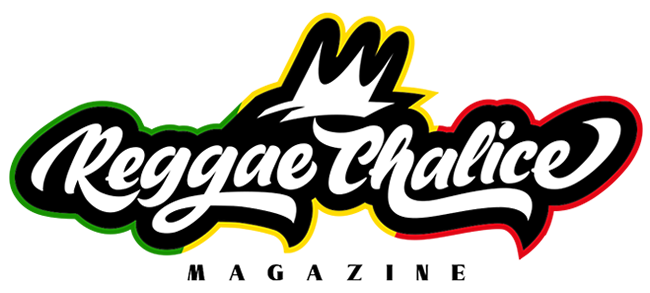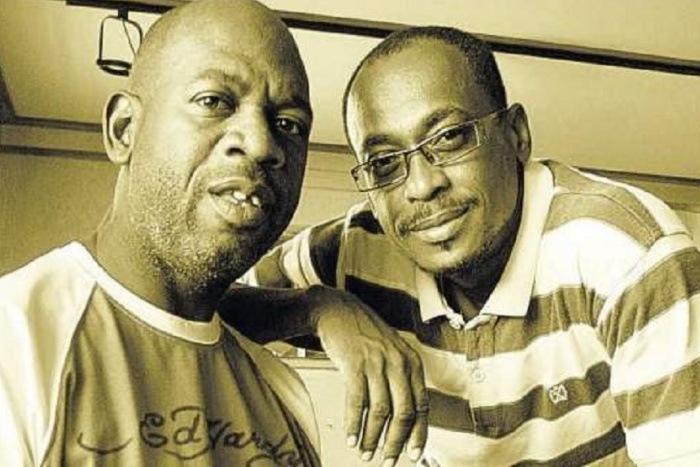The Jamaican production company Steely & Clevie Productions launched with everything against several reggaeton singers and producers accusing copyright infringements before US courts.
According to the dancehall producer, the defendants illegally used and profited from elements of their riddim “Fish Market”, launched in 1989, which is also known as “Little Man Jam”, but is better known internationally as “The Bow”, for the success of Shabba Ranks.
Steely Clevie Productions had already initiated legal action against the singer Luis Fonsi in october 2021, but now he consolidated the demand and added other well-known singers and producers from the world of reggaeton.
The lawsuit was filed in the United States District Court., Central District of California, by Cleveland Constantine Browne (Clevie), Anika Johnson, representative of the late Wycliffe Johnson (Steely), who died in 2009 in New York at 47 years, and Steely and Clevie Productions Limited as claimants, according to the publication of Dancehall Magazine.
The demand of the producer
The claim has three main aspects.. The first points to the Panamanian reggaeton artist and producer The Chombo, for breaking the riddim “Fish Market” in his song “give me your little thing”, which included the participation of the Jamaican artist Cutty Ranks.
with close to 4.200 million views on YouTube, the song is on the top 15 of the most viewed videos in the history of the platform. In the case of this claim, also includes Pitbull Already Karol G for the remix of “give me your little thing”, which was launched on 24 August 2018 and was produced by El Chombo and Afro Bros.
Secondly, it points to Luis Fonsi with at least 10 of his songs allegedly infringing the aforementioned riddim, adding to the legal action several prominent artists and producers of these songs, as Mauricio Rengifo (The Dandee), Ozuna, Erika Ender, Justin Bieber, Dyo, Stefflon Don, Nicky Jam, Sebastian Yatra, Farruko, Kobalt Music Publishing Ltd., Kobalt Music Publish Inc., Warner Chappell Overseas Holdings Limited, Universal Music y Sony Music, among others.
Among the songs mentioned by the Puerto Rican are obviously “Slowly” and his remix, in addition to “Kiss Me”, “Calypso”, “Turn around”, “blame me”, “Impossible”, “perfect”, “Sola” Y “Empty”.
In the third group of the lawsuit, a reggaeton star is targeted as Daddy Yankee, whom he is accused of infringing the copyright of the riddim “Fish Market” in more than 40 songs, such as “Gasoline”, “The heartbreaker”, “What happened, He passed”, “Get in the perreo”, “Move it”, ” To the”, “calentón”, “Dura”, “the pony”, “Don Don”, “definitely”, “Hoop Dance” Y “Shaky Shaky”, among many others.
This third group of demands includes Chris Jedi, Gaby Music, anuel aa, yandel, Juan Luis Morera Moon (Wisin), Ozuna, Oscar Edward Salinas (Skillz), David Alberto Macías (Scott Summers), Francisco Saldana (Moons), Victor B. Cabrera (Tunes), El Cartel Records Inc, and Gasoline Publishing Co, among several others.
The arguments of the judicial action
According to the court document, “Fish Market” represented an innovative breakthrough in Reggae music at the time, as it was markedly different from other works done by Steely and Clevie.
The riddim featured a combination of elements including a bass drum, a box and a hi- programmed hats that played a one-bar pattern; percussion instruments; and a Bb bass note (b-bemol) Synthesized.
It was further described in the lawsuit that it had, “a tambourine that sounds in the whole measure, a 'tom’ synthesizer playing on beats one and three, and timpani that play a roll at the end of every second bar and free improvisation over the pattern for the duration of the song”.
according to demand, Steely and Clevie believe the infringements and disregard of the reggaeton artists were intentional.
A section of the document states that “the plaintiffs are informed and allege that the defendants induced, participated, knowingly aided and abetted and benefited from reproduction, illegal distribution and publication of one or both infringing works as previously alleged”.





















